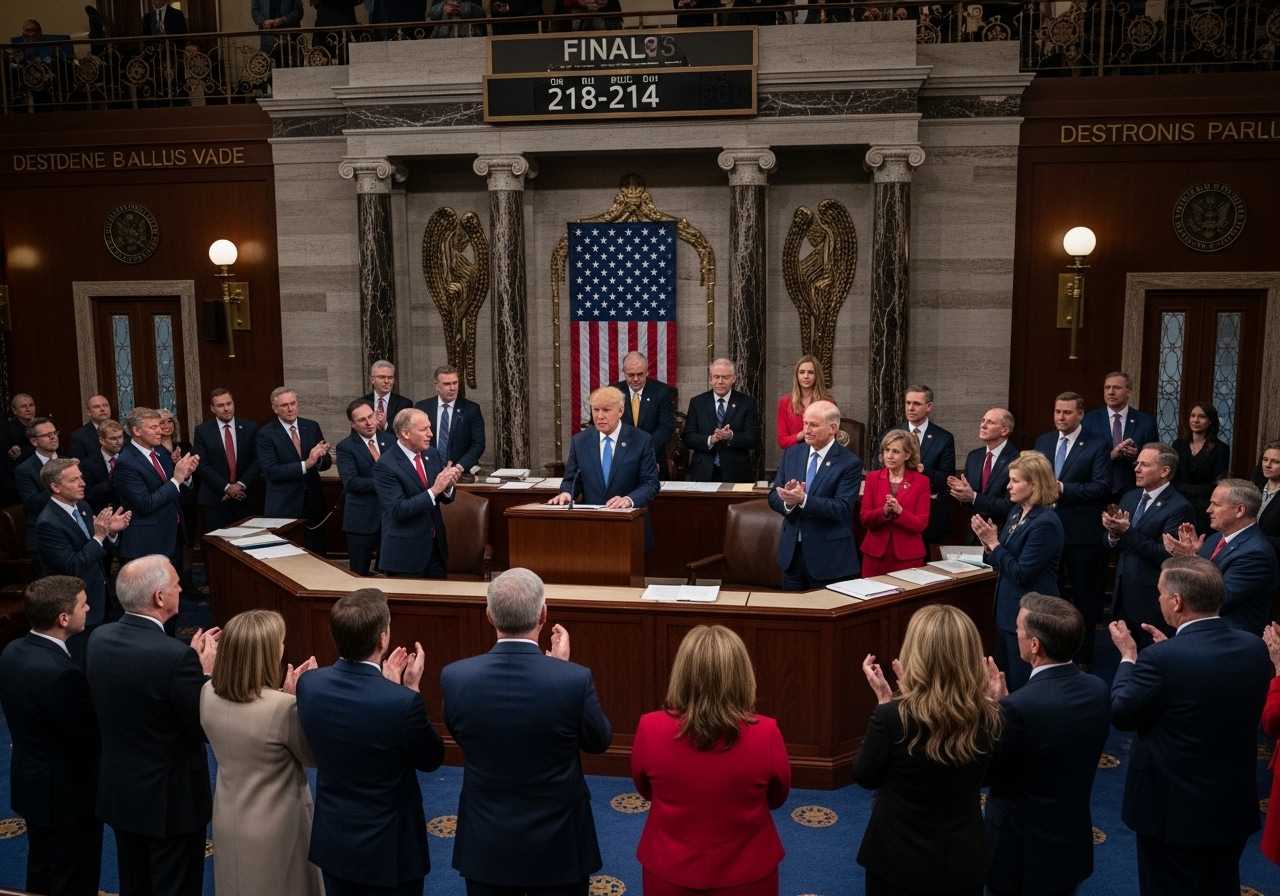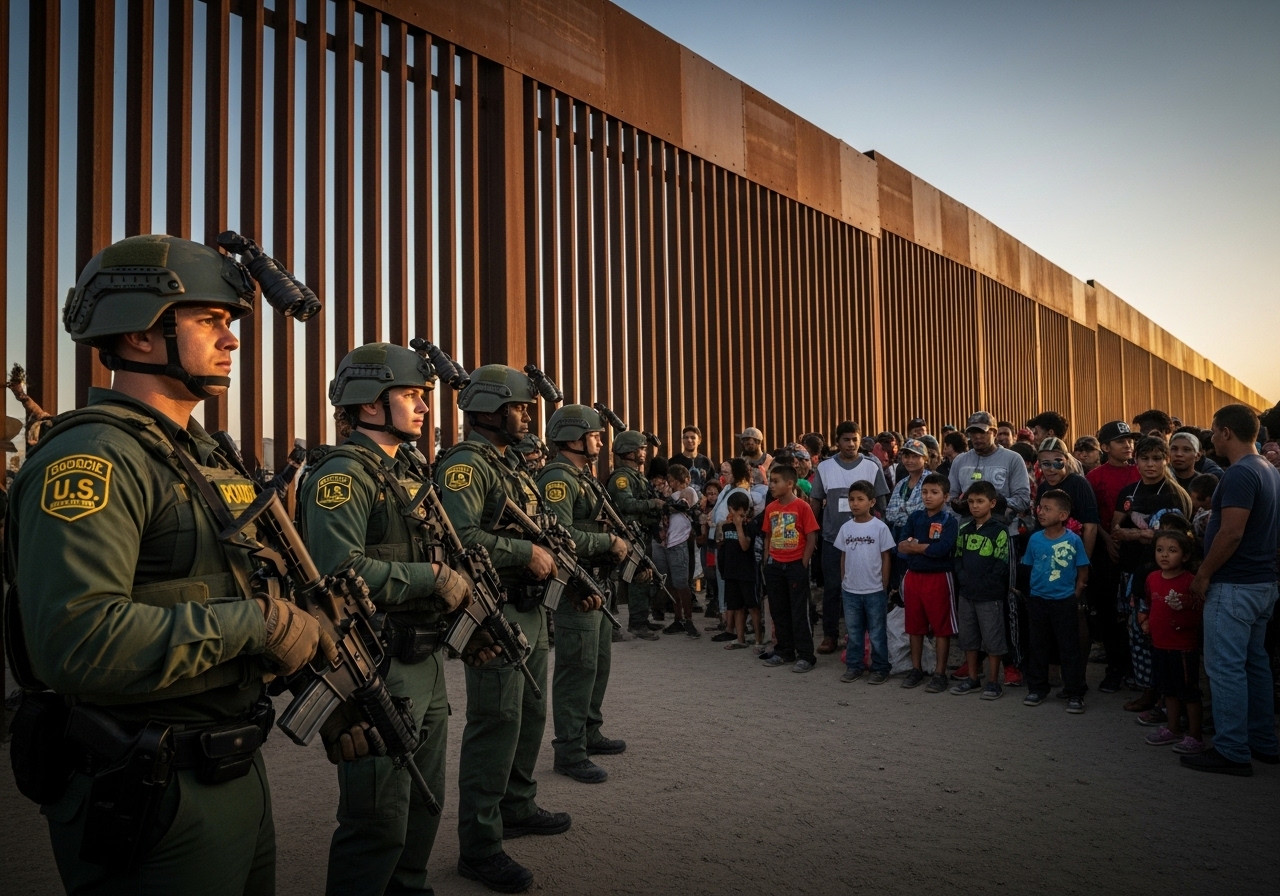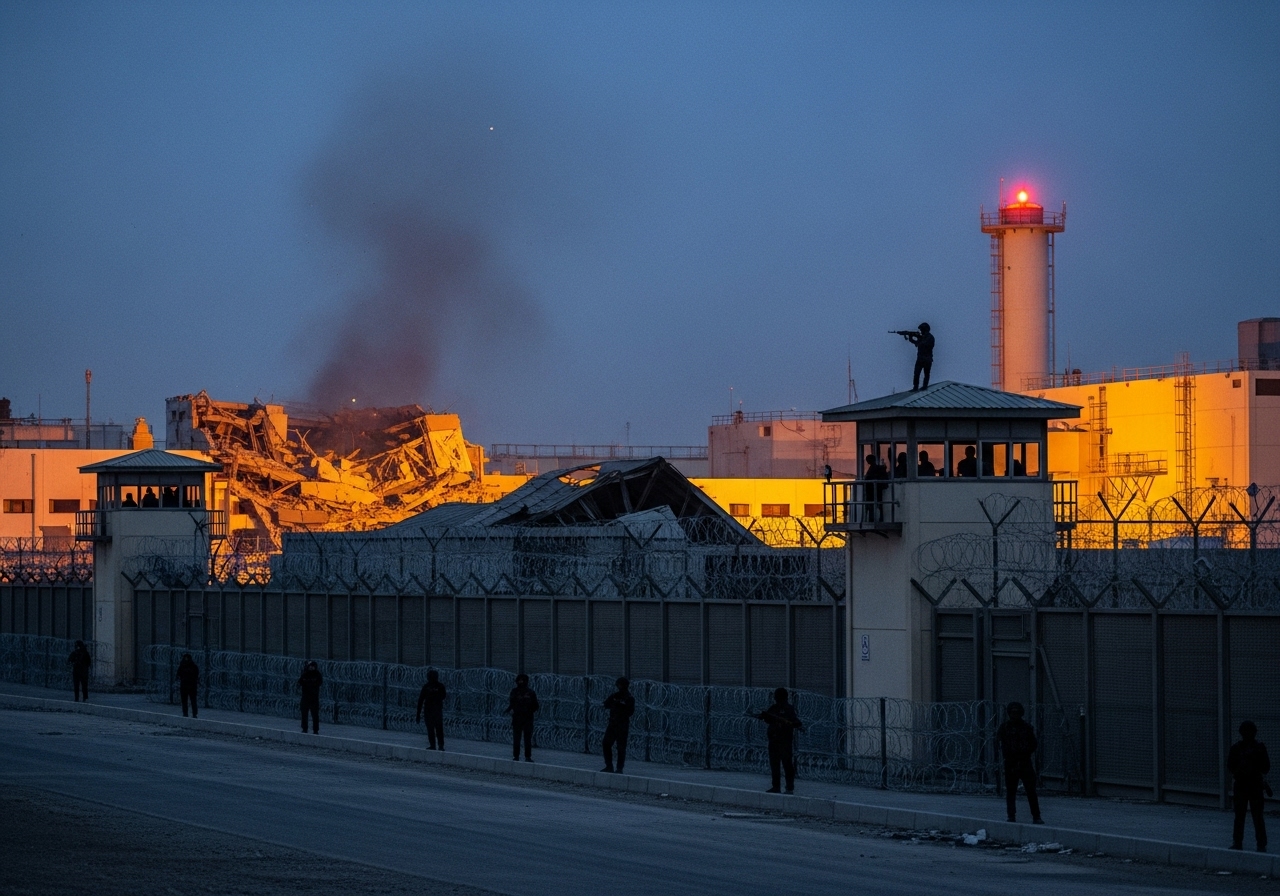A change in Iran’s regime brings about a whole new set of problems for the Biden administration.
Following a landslide victory in last week’s election, Iran’s President-elect has vowed not to meet with United States President Joe Biden, taking a hard line approach to potential negotiations on Tehran’s nuclear proliferation program.
Ebrahim Raisi, Iran’s next president, said the regime will by no means speak with the United States until the oppressive sanctions are lifted. For Raisi, noting is on the table: there will be no talks about returning to the Obama-era nuclear deal, or combating neighboring terrorist militias.
Iranian President-elect Ebrahim Raisi said Monday he would not meet with Biden nor negotiate Tehran's ballistic missile program.
He is set to take office mid-August. More https://t.co/R7obcbls2R pic.twitter.com/pEcwYBTxY7
— Bloomberg Originals (@bbgoriginals) June 22, 2021
During a press conference, President-elect Raisi described himself as a “defender of human rights” after a reporter posed a question about his involvement in the 1988 execution of more than 5,000 Iranians. Never before has an Iranian president been so bluntly asked about his human rights violations, of which there are many.
Raisi seemed nervous in front of a sea of microphones, mostly media outlets from Iran and countries home to Tehran-backed militias. The president slowly loosened up as the hour-long press conference commenced.
Iran’s next president said Tehran’s ballistic missile program is “non-negotiable” in regards to the U.S. and her allies.
Iran was forced to invest in missiles to protect against its Arab neighbors during the 1979 Revolution. Since then, Iran’s regional foes have purchased billions of dollars in American military artillery and Iran has attempted to keep up, starting a nuclear arms program shortly after the Revolution. Tehran also relies on terrorist militias like the Houthis in Yemen and Hezbollah in Lebanon to protect against their enemies in Saudi Arabia and Israel, both U.S. allies.
Raisi, a protégé of Iran’s Supreme Leader Ayatollah Ali Khamenei, has been sanctioned by the U.S. in part over his involvement in the mass executions. His victory in the balloting last Friday came amid the lowest turnout in the Islamic Republic’s history. Millions of Iranians stayed home in defiance of a vote they saw as tipped in Raisi’s favor.
Of those who did vote, 3.7 million people either accidentally or intentionally voided their ballots, far beyond the amount seen in previous elections and suggesting some wanted none of the four candidates. In official results, Raisi won 17.9 million votes overall, nearly 62% of the total 28.9 million cast.
Raisi’s election puts hard-liners firmly in control across the government as negotiations in Vienna continue to try to save a tattered deal meant to limit Iran’s nuclear program, at a time when Tehran is enriching uranium at 60% its highest levels ever, though still short of weapons-grade levels. Representatives of the world powers party to the deal returned to their capitals for consultations following the latest round of negotiations on Sunday.
Raisi’s election victory has raised concerns that it could complicate a possible return to the nuclear agreement.
Author: Sebastian Hayworth





